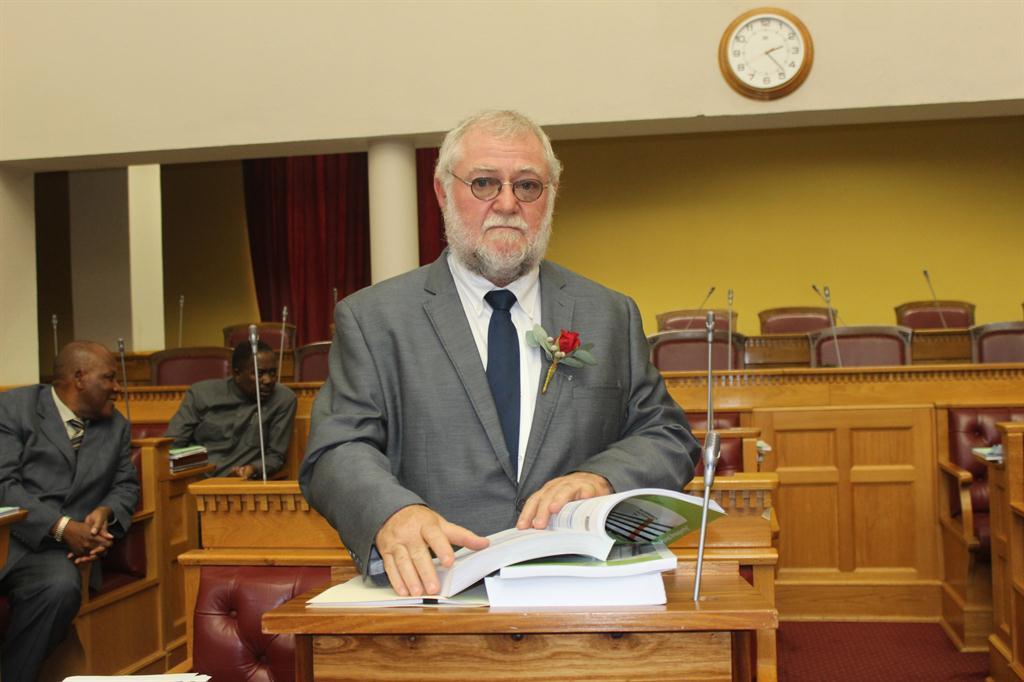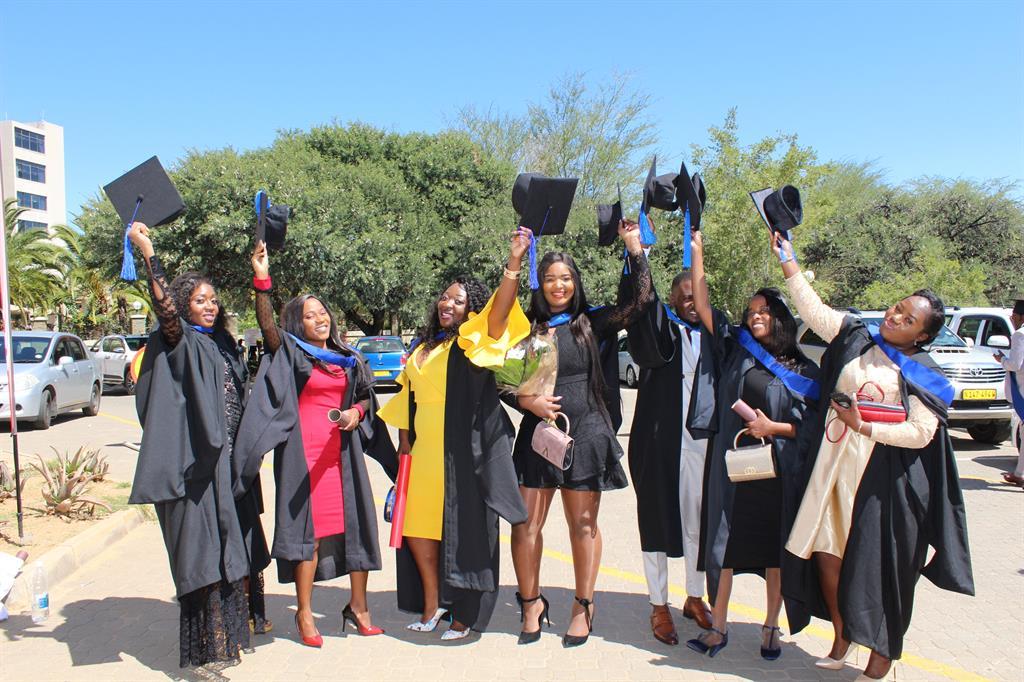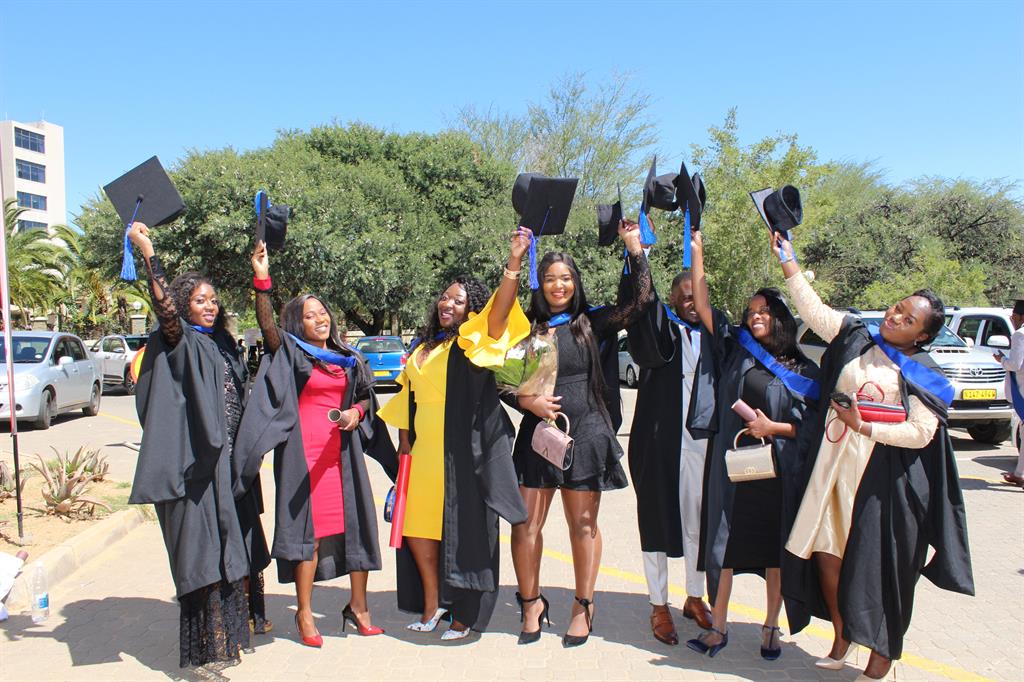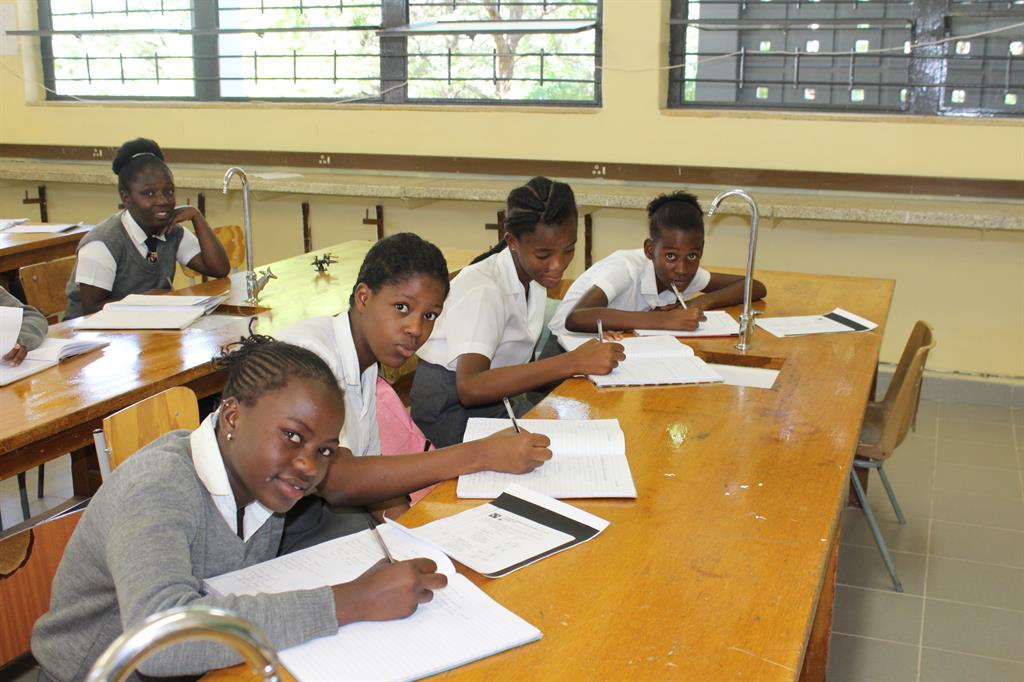Understanding the national budget
The Namibian youth have been implored to take great interest in the national budget processes.
Many young people are not interested in Namibian politics. They appear disillusioned with politics and don’t even show an interest in the national budget, which has a huge impact on their lives.
“It is very important for young Namibians to show interest in politics,”
Hessen Ashipala, a youth activist said.
He further said that the national budget is very important for the youth because it has an impact on their future.
According to the citizen’s guide for the national budget, the budget is a financial plan that details how the government intends to raise money and how it intends to spend it.
The budget covers the financial year, which in Namibia runs from April 1 to March 31 of any given financial year, consisting of 12 months.
The major recipients of funds in the 2019/20 budget are the Ministry of Education, Arts and Culture, which is to be allocated N$13.7 billion, the Ministry of Finance, which is to receive N$10.8 billion, the Ministry of Health and Social Services, with an allocation of N$6.8 billion, the Ministry of Defence, which is set to receive N$5.9 billion, and the Ministry of Safety and Security, for which N$5.5 billion is earmarked.
Crucial
The national budget is important since it plays a crucial role in providing the necessary financial resources to the government to spend on the implementation of its national development goals.
The new budget is focused on the following six themes:
• Maintaining pro-growth fiscal consolidation: making impact where is
matter.
• Strengthening macroeconomic fundamentals and rebuilding fiscal
sustainability.
• Supporting inclusive growth and economic diversification.
• Contributing to the eradication of poverty and the improvement of social
welfare.
• Further contributing to reduction of income inequalities and achieving
shared prosperity.
• Delivering timely, reliable and affordable public services and meeting
government contractual obligations.
According the citizens’ guide, the government mobilises financial resources in different ways in order to attain the above-mentioned national development aspirations.
During an interview with finance minister Calle Schlettwein at a PWC Budget Review dinner, he explained that a lot of factors are considered before drafting a budget.
“The first criteria our ministry looks at is how much money is available. We also look at how much revenue we collected and how it could be distributed.
Secondly, we look at how much we can borrow. Once you have those two factors in check, then you will know what your total envelope is,” he said.
He continued by adding that the budget looks at the country’s most immediate needs.
Education
Basic and higher education will, as usual, receive the bulk of government’s money and have been allocated N$12.5 billion and N$3.1 billion respectively.
Among educational institutions, the University of Namibia was allocated
N$912 million during 2019/20, compared to N$960 million in 2018/19, while the Namibia University of Science and Technology will receive N$500 million – N$100 million less than the N$600 million the institution received in the 2018/19 financial year.
“A decrease is always a problem for an institution because each institution has an academic lifestyle it needs to maintain. What the budget does is it allows us to reach a certain standard of quality but when it keeps fluctuating it is hard to maintain consistency in quality, resulting in such poor ranking institution outside Namibia,” Kudzai Sibanda, current SRC president of the University of Namibia (Unam) said. Sibanda added privately-funded students more, especially those who owe Unam, may only fear that institutions might use the budget as an excuse to not allow all students to write examination.
Shoki Kandjimi says higher education plays an important role and should be given priority as well.
He further added that budget cuts can never be positive because institutions struggle to make ends meet.
“An institution such Namibia University of Science and Technology (Nust), it relies on the budget allocation and when the budget is cut, the equipment needed to improve the quality of education will be affected,” he says.
“It is very important for young Namibians to show interest in politics,”
Hessen Ashipala, a youth activist said.
He further said that the national budget is very important for the youth because it has an impact on their future.
According to the citizen’s guide for the national budget, the budget is a financial plan that details how the government intends to raise money and how it intends to spend it.
The budget covers the financial year, which in Namibia runs from April 1 to March 31 of any given financial year, consisting of 12 months.
The major recipients of funds in the 2019/20 budget are the Ministry of Education, Arts and Culture, which is to be allocated N$13.7 billion, the Ministry of Finance, which is to receive N$10.8 billion, the Ministry of Health and Social Services, with an allocation of N$6.8 billion, the Ministry of Defence, which is set to receive N$5.9 billion, and the Ministry of Safety and Security, for which N$5.5 billion is earmarked.
Crucial
The national budget is important since it plays a crucial role in providing the necessary financial resources to the government to spend on the implementation of its national development goals.
The new budget is focused on the following six themes:
• Maintaining pro-growth fiscal consolidation: making impact where is
matter.
• Strengthening macroeconomic fundamentals and rebuilding fiscal
sustainability.
• Supporting inclusive growth and economic diversification.
• Contributing to the eradication of poverty and the improvement of social
welfare.
• Further contributing to reduction of income inequalities and achieving
shared prosperity.
• Delivering timely, reliable and affordable public services and meeting
government contractual obligations.
According the citizens’ guide, the government mobilises financial resources in different ways in order to attain the above-mentioned national development aspirations.
During an interview with finance minister Calle Schlettwein at a PWC Budget Review dinner, he explained that a lot of factors are considered before drafting a budget.
“The first criteria our ministry looks at is how much money is available. We also look at how much revenue we collected and how it could be distributed.
Secondly, we look at how much we can borrow. Once you have those two factors in check, then you will know what your total envelope is,” he said.
He continued by adding that the budget looks at the country’s most immediate needs.
Education
Basic and higher education will, as usual, receive the bulk of government’s money and have been allocated N$12.5 billion and N$3.1 billion respectively.
Among educational institutions, the University of Namibia was allocated
N$912 million during 2019/20, compared to N$960 million in 2018/19, while the Namibia University of Science and Technology will receive N$500 million – N$100 million less than the N$600 million the institution received in the 2018/19 financial year.
“A decrease is always a problem for an institution because each institution has an academic lifestyle it needs to maintain. What the budget does is it allows us to reach a certain standard of quality but when it keeps fluctuating it is hard to maintain consistency in quality, resulting in such poor ranking institution outside Namibia,” Kudzai Sibanda, current SRC president of the University of Namibia (Unam) said. Sibanda added privately-funded students more, especially those who owe Unam, may only fear that institutions might use the budget as an excuse to not allow all students to write examination.
Shoki Kandjimi says higher education plays an important role and should be given priority as well.
He further added that budget cuts can never be positive because institutions struggle to make ends meet.
“An institution such Namibia University of Science and Technology (Nust), it relies on the budget allocation and when the budget is cut, the equipment needed to improve the quality of education will be affected,” he says.










Comments
Namibian Sun
No comments have been left on this article